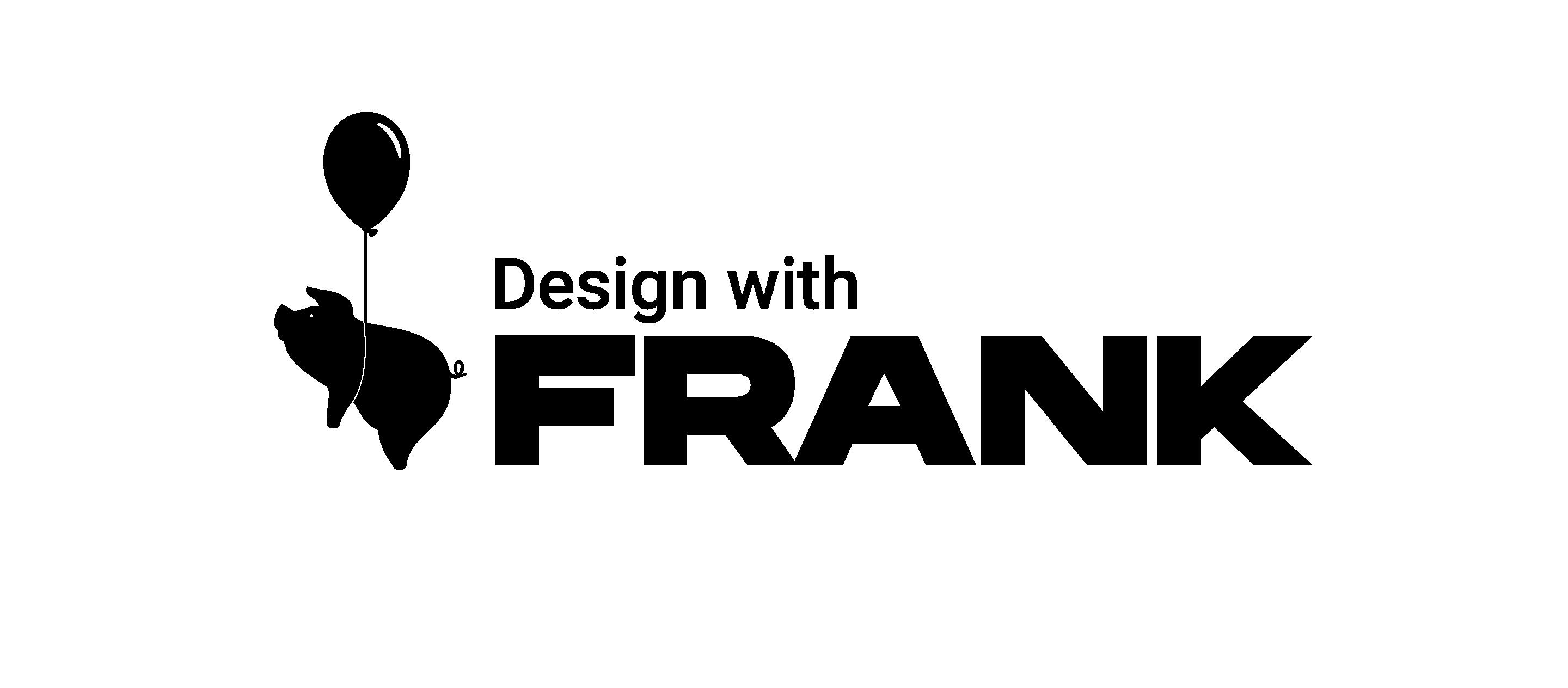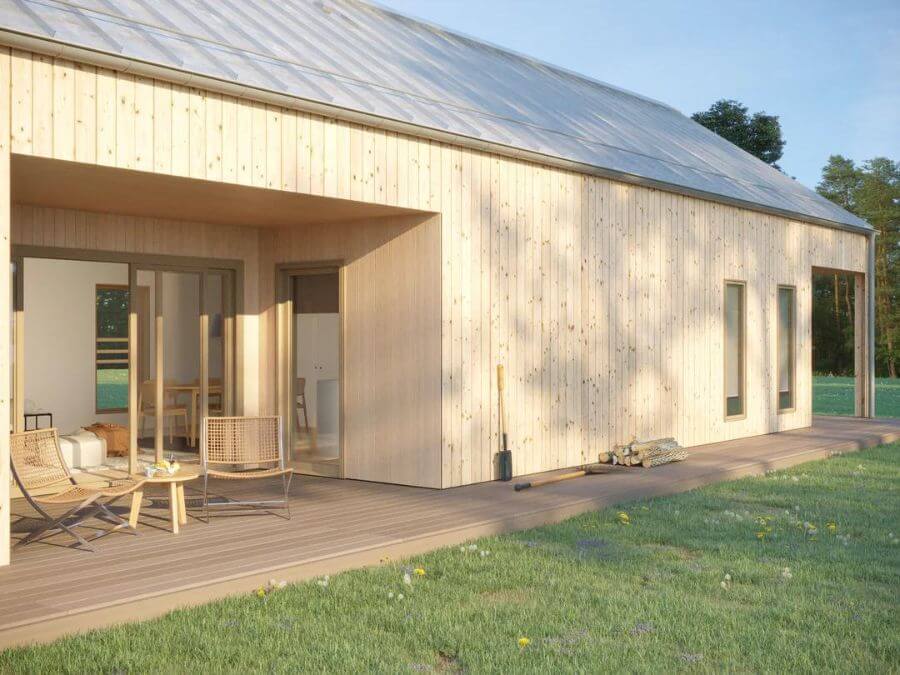You have your blueprint in hand with plans for an open kitchen, a wood-burning fireplace, and large windows to paint the sunrise for your every morning. Before breaking ground to bring this vision to life, you must consider how to pay for your new home. Since few have the money to foot the bill from the start, considering your financing options is the next step to you make your dream a reality.
There are several routes to go in this process and you may find yourself wondering which is the best way. Before embarking on your financing search, you will want to prepare as much as possible. You will need to order your national credit files, compile pay stubs, employment verification, previous years of IRS filings, 401k funds, and other assets. Below are the most common types of financing options for individuals seeking to construct a new home:
Construction Loan
A construction loan is the most common form of financing for those who wish to build their own home. There are typically two types of construction loans: construction-to-permanent loans and construction-only loans.
The construction-to-permanent loan is an all-encompassing transaction. You pay closing costs one time and after construction is complete, the loan turns into your mortgage.
Construction-only loan funds solely the building of your home. Upon its completion, you will need to apply for a regular mortgage loan. This option allows for slightly more flexibility, especially if you are unsatisfied with your construction loan interest rate. The construction-only loan allows you time to shop around for a better mortgage loan once your project is complete.
The requirements to obtain a construction loan are similar to those of a regular mortgage. You will need to put a down payment of approximately 20 percent and meet income and credit requirements according to the lender.
The interest rates of construction loans are comparable to those of mortgage loans. Although sometimes slightly higher, they are overall very similar.
FHA One-Time Close Construction Loans
An FHA-backed loan is insured by the Federal Housing Authority. Similar to a construction-to-permanent loan, FHA loans fund your entire project with one-time closing costs. The main difference between an FHA loan and a typical construction loan is that those with below-average credit may be eligible to apply. Applicants still need to meet certain debt-to-income ratios, but people may be eligible for a significantly smaller down payment.
VA Construction Loans
U.S. active military personnel and veterans may be eligible to apply for a VA construction loan when considering financing options for their new home. With a slightly more of a paper trail, you must submit to the VA certain forms from your builder, a detailed blueprint, and your builder must register with the VA. With a VA construction loan, a down payment is not required. However, to qualify, you must be building a home that will be a primary residence.
USDA Construction Loans
Certain homeowners may be eligible to apply for a USDA Construction Loan through the U.S. Department of Agriculture. Designed for low-income households in rural areas, a USDA construction loan requires no down payment and is a sound option for those in lower-income brackets. However, there is some significant red tape around the process. Applicants must meet a minimum credit score and your contractors must also be USDA-approved.
Each different financing option has its appealing elements and drawbacks. The majority of options are dependent on your income, credit, and location. Choosing which route to go ultimately comes down to what best aligns with your current circumstances.




